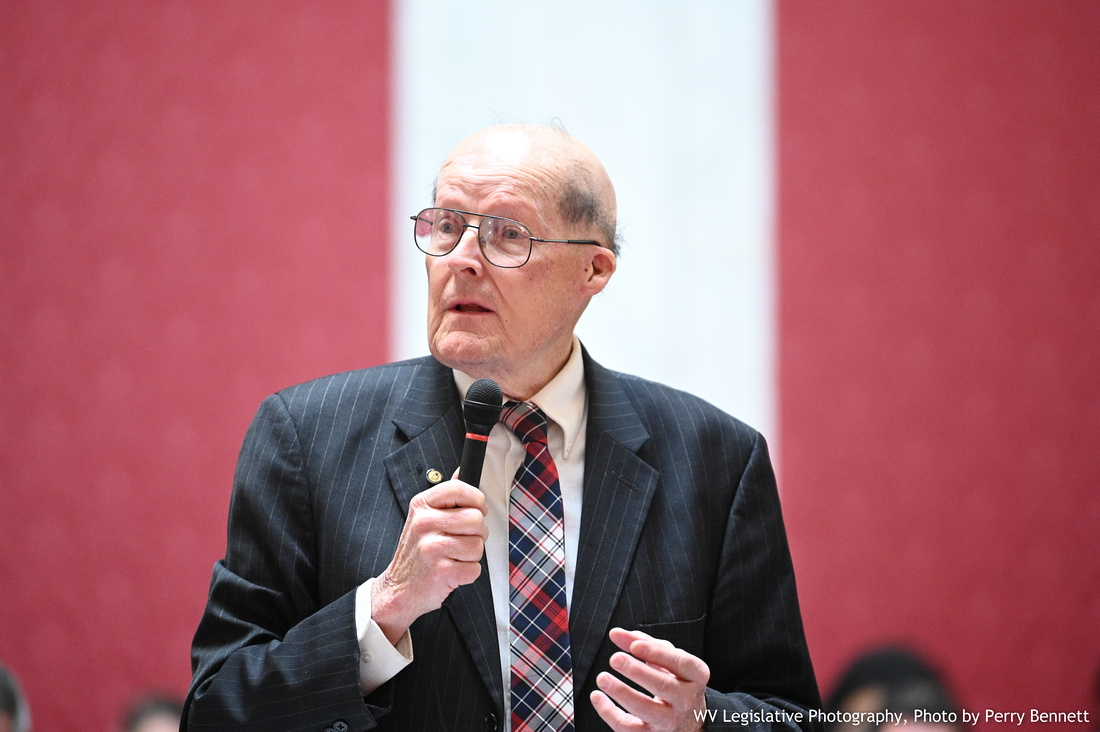The House of Delegates debated a bill Wednesday that would essentially block the state board of investments from investing in companies that refuse to support fossil fuels.
House Bill 2862 would ensure that all shareholder votes, by or on behalf of the West Virginia Investment Management Board and the Board of Treasury Investments, are cast according to the monetary interests of the beneficiaries.
Democrats, including Del. Evan Hansen, D-Monongalia, argued against the bill saying its intent was to keep companies interested in ESG investments – meaning environmental, social and corporate governance considerations – from locating in West Virginia.
“These are green manufacturing jobs,” Hansen said. “We came into special session and passed that micro-grid bill that allows Precision Castparts and Berkshire Hathaway to come to the state of West Virginia. Precision Castparts is producing zero carbon parts for our aerospace industry. These are the jobs of the future. This is not some agenda to attack our coal industry. These are our future jobs.”
Some Republicans joined Democrats in voting against the bill, including House Energy Chair Del. Bill Anderson, R-Wood, whose concern was more about how the restrictions placed on the investment boards could affect pensions.
“This debate has resulted in ESG. I quite frankly want the investment management board to have the flexibility they need to return the greatest amount of return to this state,” Anderson said. “Part of it is personal. I don’t want to have to raise taxes someday to meet these pension obligations, which we, by various court rulings, must meet … The budget implications for the future of this state, if we constrict them, I don’t think are positive. So I rise today to tell you that I intend to vote against this piece of legislation.”
Despite objections from both sides of the aisle and a nearly hour long debate, the bill passed 73 to 23 and now heads to the Senate for consideration.
